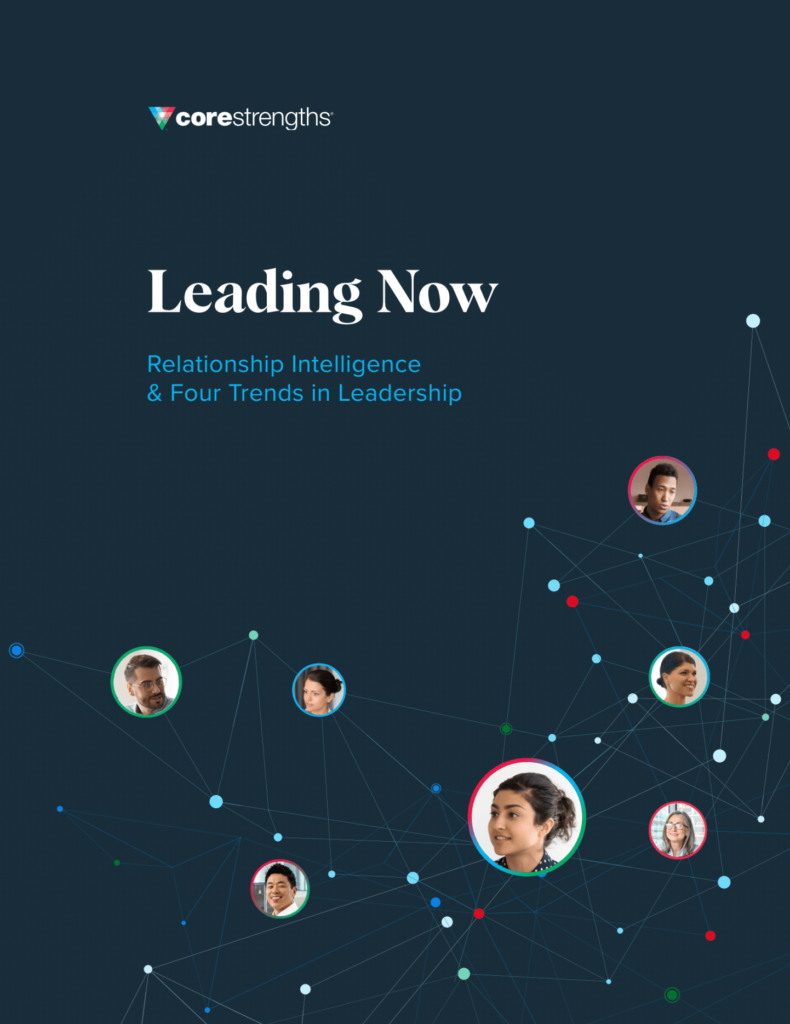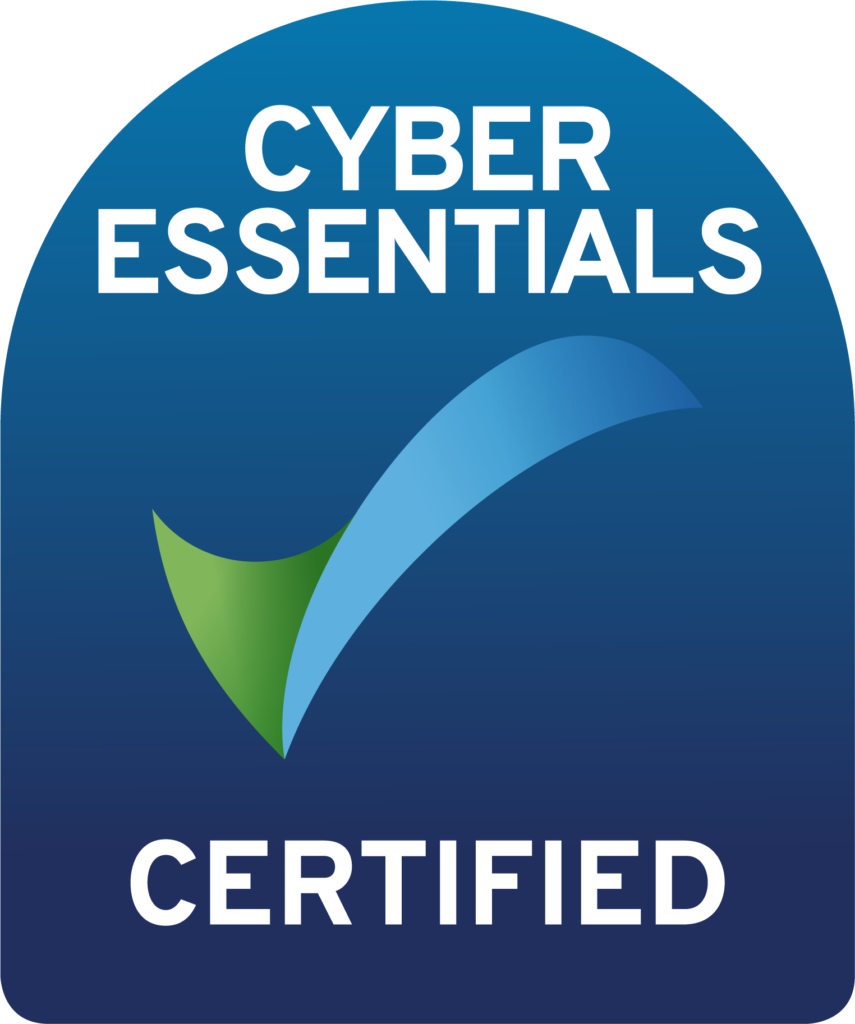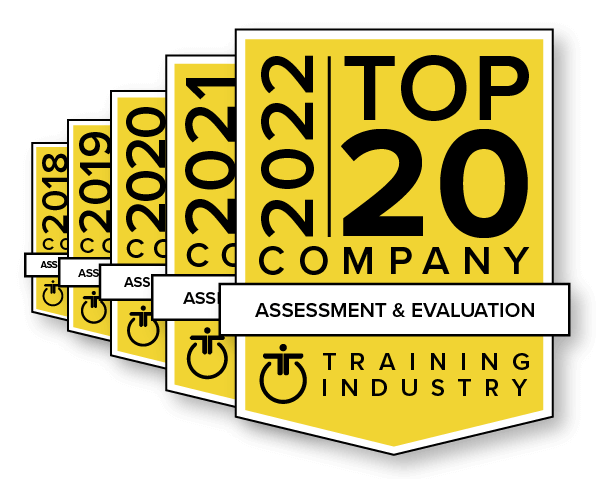The top three leadership lessons of the last year all revolve around relationships.
“All meaningful learning is for the sake of action. All meaningful action is for the sake of friendship.”
This quote by Scottish philosopher John Macmurray sums up the greatest leadership lessons the world and workplace have taught us over the last year.
If we’ve learned anything, it’s the importance of learning to relate to each other better so we can be more productive and creative at work. Command and control leadership is far less effective in a rapidly changing environment, and any attempts at running a company with an iron fist have proven to be counterproductive — if not fatal — for the organization.
Instead, creating a culture of Relationship Intelligence (RQ) at your organization will help individuals frame their work in terms of their values, understand each other better, collaborate on teams, innovate, and grow.
Relationship Intelligence is the insight to adjust your approach to make interactions more effective. It’s about understanding the values of the people at your organization so you can support them and solve problems collaboratively.

With this in mind, here are my top three leadership lessons of 2022.
1. Remain curious
As we become more aware of the increasing complexity of the world, it raises anxiety. Leaders tend to default to one of two responses:
- Becoming curious
- Gripping onto a need for certainty
The need for certainty may feel more secure, but it’s actually dangerous. The need for certainty makes us become susceptible to radical ways of thinking because they promise clear-cut borders around good and evil. But that black-and-white thinking plants the seeds for hatred, mistrust, and judgment. Whereas, curiosity plants the seeds of love, trust, and mutual learning.
Here’s the truth: no one knows exactly how to lead effectively in a continuously shifting world. Few leaders have fully developed the skills required to lead in a post-pandemic world. That’s understandable — you spent decades learning how to lead in a pre-pandemic world, and have only had a few years to truly understand the opportunities and challenges emerging today.
But that’s all the more reason to embrace what you don’t know.
Here’s another truth: It’s not your job to know everything.
Instead of trying to know everything, the skill you need to refine is facilitating a productive approach to not knowing — a collective, company-wide effort to solve riddles and figure out the emerging puzzles facing your organization today.
There are many new riddles and puzzles presented by the post-pandemic world — how to work remotely and stay connected, how to onboard people hired remotely, etc. — and solving them requires you to be teachable.
For example, Trish, a grief counselor, thought her job could never be done remotely because of the intimate nature of her work. But because she approached this puzzle with a learning mindset, she was able to transition her sessions to video and immediately started seeing positive impacts. Some clients feel more comfortable doing therapy from the comfort of their own homes, and Trish can now serve far more people than before. Her mindset created an opportunity out of a challenge.
If you stay curious, the stakes are lower when you inevitably make the wrong call. In 2022, we still struggle to understand how much we didn’t know when we had to make big decisions two years ago. Some of those decisions were probably wrong, but you made them based on the limited data you had at the time, in foreign circumstances, under a deadline.
As you know, regardless of those decisions, you had to move forward to keep the business moving forward. If you’re more concerned with being right than productive — reviewing old decisions and whether they were right or wrong — you’ll get stuck.
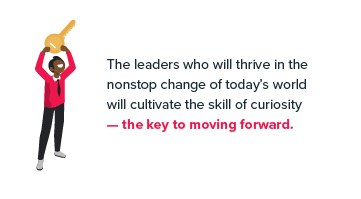
2. Embrace diversity
That sense of curiosity must extend to the people around you at work. Great leaders see the perspectives of people who are different from them as a source of learning, and surround themselves with people of diverse demographics, backgrounds, and personalities.
Being around similar people is one of the most basic human impulses. That’s because nonstop learning isn’t easy. It’s change. Change is mental work, and mental work is metabolically draining. When learning from others’ perspectives feels too challenging, we want to be around people who think, look, and act like us.
Social scientists have documented the drive to create in-groups and out-groups, and like black-and-white thinking, this tribalism can feel secure. But no one ever outran the competition while surrounded by yes-people. It’s a false sense of security.
Leaders, you must enter each interaction with someone different from you open to seeing their beauty, and leave each interaction allowing them to change you, even in a small way.
Embracing diversity and allowing others to challenge you is a skill like any other. But the best leaders will relentlessly build this skill and reap the rewards of greater creativity, productivity, and business results.
3. Prioritize mental health
Mentally healthy people have the resilience to deal with changes, anxiety, and other setbacks in work and life. But historically, work hasn’t been a place that supports people’s mental health in a systematic way.

While it may not seem intuitive for leaders to concern themselves with mental health, you need a resilient workforce in the face of constant change. And there’s an organizational case as well. Studies have estimated a 3:1 return on investment for implementing policies and programs that help prevent and facilitate treatment of mental health conditions.
The best leaders will build a culture of work where who you are is more important than what you do. It’s about treating people like humans, not simply resources. There are some obvious steps that should be taken on the organizational level, such as setting up a robust system of mental health support in your employee benefits package, but there are also actions you can take as a leader to show you care.
When we face challenges — which all of us have in 2022 — many organizations focus solely on risk management and make very inhumane decisions as a result. But it doesn’t have to be this way.
Even if you have to give your workforce bad news, treat them like people and respect the significant contributions they’ve made to the organization you lead. Leading during and through a pandemic required a level of vulnerability and humility which will continue to serve us well moving forward.
Getting ahead of the impersonal steps you have to take with a humane message —and owning the mistakes made that led to those steps being taken — can go a long way toward supporting the mental health of employees who go, as well as those who stay.
The business case for highly effective relationships
Between the ages of 20 and 60, we spend more time with our coworkers than with our families of origin, friends, and sometimes even our children. Even though we don’t choose the people we work with, we spend too much time together not to build meaningful relationships with them.
Strong relationships lead to more trust, more meaning in work, and better resilience and loss processing. In a world of change and collective anxiety, strong relationships help us do the work that needs done and keep moving forward. The world needs leaders who think about anxiety as being the cusp of a new insight, and who will commit resources, time, and energy at an organizational level to promote the highly productive and creative relationships that will break through the anxiety and get to that insight.
We’re going to continue to be challenged by this, because relationships don’t just happen by accident in a virtual work setting. We’ve likely relied too much on water cooler conversations, hallway interactions, and impromptu office lunches to connect in the past, but now this effort to connect must be strategic, intentional, and consistent. And thankfully, the benefit of this will be deeper connections — or, as Macmurray calls them, friendships — the engine for engaging a complex world in a productive and creative manner.

Core Strengths has the resources and tools to build strong, intentional relationships at your organization.

